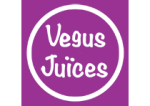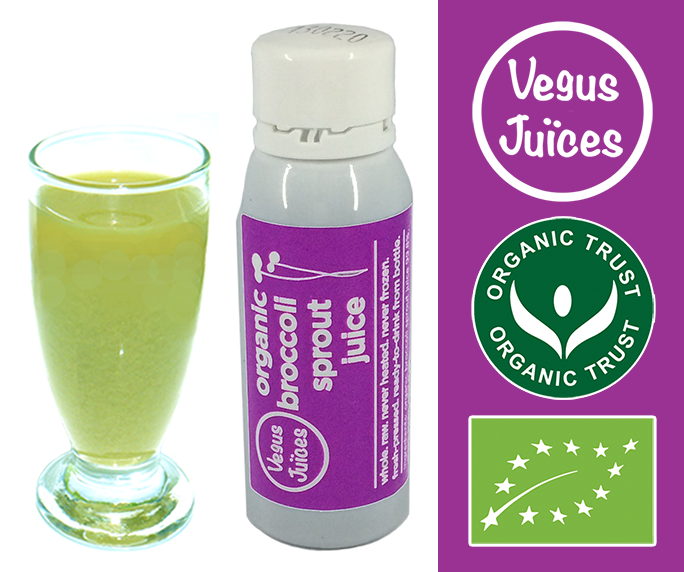You’ve read the science on sulforaphane – there are some pretty convincing studies out there, so it’s not surprising you want to try it.
The question is: How do you get an effective source of sulforaphane?
Time and time again, nature has proven it is best and it’s just the same when it comes to supplements. Manufactured extracts certainly can provide some benefit but there’s no beating the power of nature.
Let’s find out why:
Sulforaphane is a phytonutrient (a nutrient found in plants) and has been the subject of over 2000 research studies since it was first isolated in 1992 by Jed Fahey of the Johns Hopkins Institute. It comes from the cruciferous vegetables; most notably broccoli but what’s interesting about sulforaphane is that it doesn’t exist in the plant under normal conditions. Sulforaphane is in fact only produced as a self-defence mechanism by the plant when insects chew on it, allowing specific chemicals to mix and create sulforaphane, which is toxic to insects.
100 Times More Sulforaphane From Broccoli Sprouts vs Broccoli
This explains why you can get more sulforaphane made from delicate young broccoli sprouts compared with the hardier mature plant, since the sprouts need greater protection. In fact, broccoli sprouts give you 100 times as much sulforaphane compared with broccoli crowns. We mimic the effects of insects chewing when we juice the sprouts.
Sulforaphane Doesn’t Like Heat
Now, another thing to bear in mind is that sulforaphane is made from an enzyme called myrosinase. All enzyme activity stops over a certain temperature, so if you heat broccoli or broccoli sprouts you destroy myrosinase and get much less sulforaphane available. For this very reason, you get a lot less sulforaphane from heat-dried supplements, rendering them ineffective at producing sulforaphane.
Vegus Juices: The Best Source of Sulforaphane
At Vegus Juices, we have perfected a method of growing young broccoli sprouts that maximise their ability to produce sulforaphane. We pick them at 4 days old and cold-press them immediately and then we bottle the juice and use high-pressure processing – not heat – to preserve the juice and the precious sulforaphane within.
We’ve also had the juice tested for its sulforaphane content and each 40ml bottle contains well over the daily dose recommended by the Johns Hopkins Institute when they first discovered the powers of sulforaphane.
Now, all you have to do is to open the bottle, drink and know that you’re getting a healthy dose of natural sulforaphane.
Click here to read more about sulforaphane and Vegus Juices




















